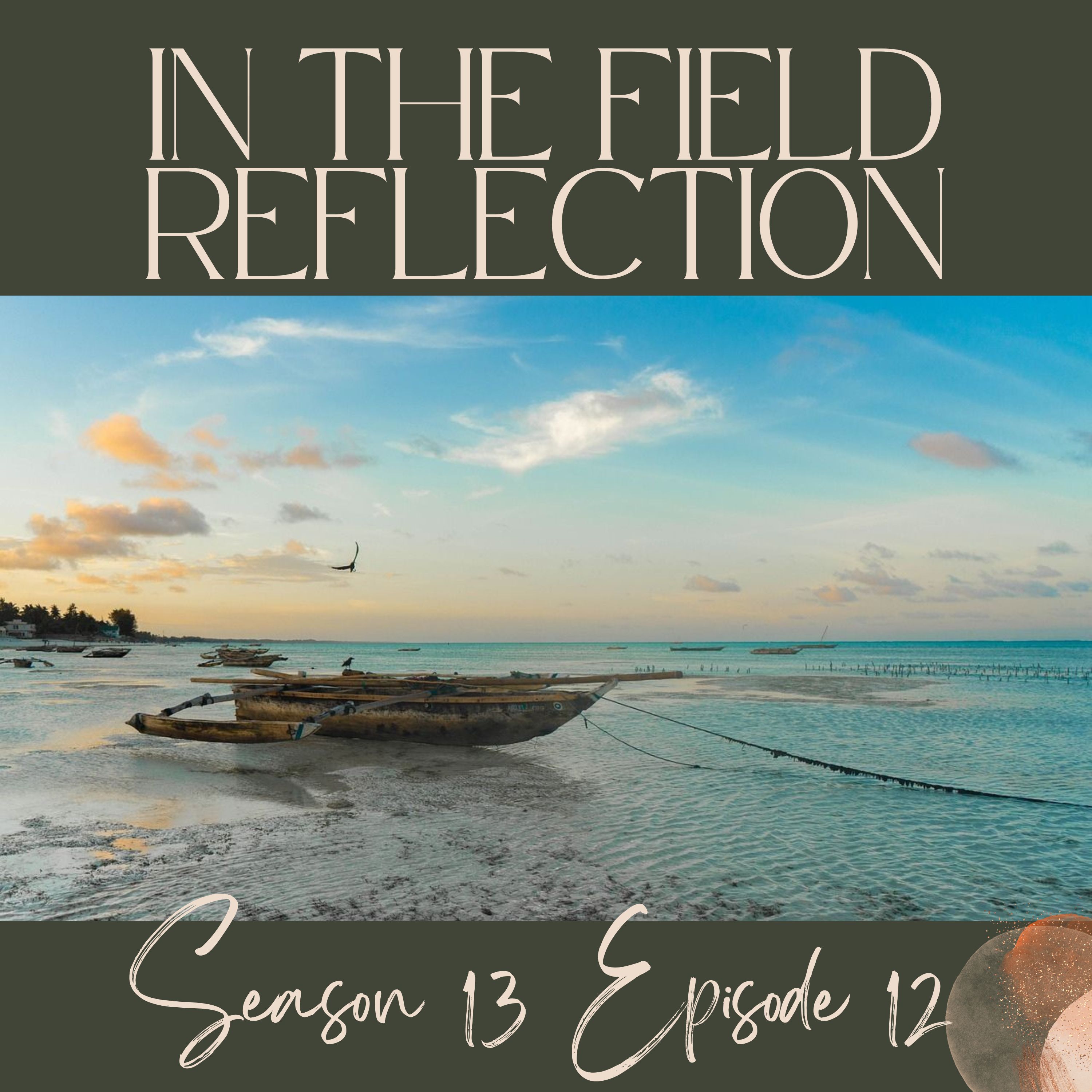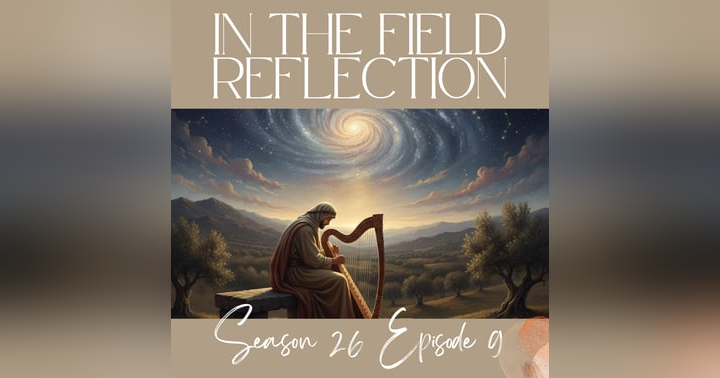Rewriting Our Regrets: The Journey Through Wishes and Reality

Have you ever found yourself wishing you could go back in time? The opening moments of today's In the Field Audio Bible episode capture this universal human longing with haunting clarity. "Nothing is undoable," the narrator begins, before immediately contradicting this hopeful statement with the harsh reality: "I cannot make it easier." This tension navigates us through wishes and reality, between what we wish we could change and what we must accept, forming the emotional foundation for a profound exploration of Hebrews 12.
The poetic opening meditation speaks directly to our deepest regrets—those moments when we failed to speak our love "in bold letters," when we "idly coasted through" instead of being present, when we missed opportunities that can never be reclaimed. The repeated refrain "Still, I wish I could go back" resonates with anyone who has ever carried the weight of remorse. It's a sentiment that echoes through human experience across cultures and generations, the burden of knowing that some things, once done, cannot be undone.
This meditation on regret serves as a perfect emotional entry point into Hebrews 12, which addresses exactly how we should handle life's burdens, including the weight of our past mistakes. The chapter calls believers to "lay aside every weight and the sin that clings so closely" and to "run with perseverance the race that is set before us." The imagery is powerful—we cannot run effectively while carrying unnecessary burdens. Our regrets, our "what ifs," our longings for a different past—these are weights that slow our forward progress.
The epistle's focus on "looking to Jesus, the pioneer and perfecter of our faith" offers the antidote to backward-looking regret. Rather than fixating on what might have been, we are called to fix our eyes on Christ, who endured the cross "for the sake of the joy that was set before him." This forward-looking perspective doesn't deny the reality of our past mistakes but offers a way to move beyond them—not by somehow undoing what cannot be undone, but by redirecting our gaze toward what lies ahead.
The chapter's meditation on discipline further develops this theme. "Discipline always seems painful rather than pleasant at the time," the scripture acknowledges, "but later it yields the peaceful fruit of righteousness." Our regrets, our failures, even our suffering—these can become instruments of growth rather than merely sources of pain. The very experiences we might wish to undo can, paradoxically, become the means by which we are shaped into who we are meant to be.
As the episode continues, the scribe invites us to consider what weights we carry and what hurts or regrets press heavy on our souls. But this invitation comes with an encouragement: "Do not lose heart. The path is hard, but you are not alone." This is perhaps the most profound comfort offered to those burdened by regret—not that the past can be changed, but that we need not walk alone with its weight. Christ, "the pioneer of faith who endured the cross," runs beside us, offering strength when we stumble.
The episode concludes with a powerful reminder that "faith is a journey, not a destination." It calls us to "keep moving forward, even when the road is unclear, even when the night feels long." This forward movement requires us to "shed what weighs us down and fix our eyes on what truly matters." Our regrets, while real, need not define us or determine our future direction. We can acknowledge them, learn from them, and then—with deliberate intention—lay them aside as we continue the race set before us.



